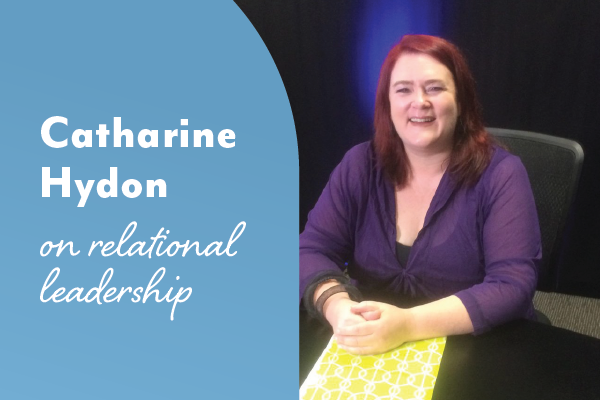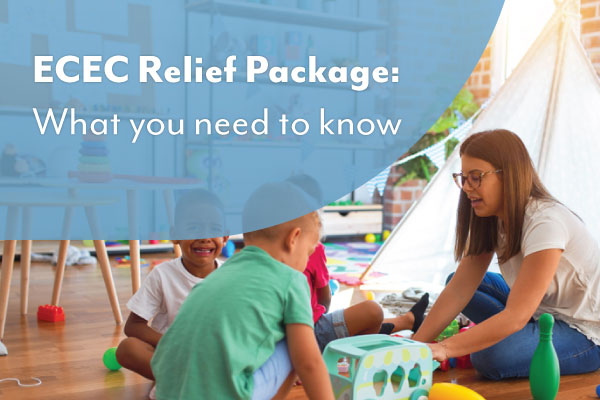In April of this year, the Education Ministers, both state/territory and federal met at the Standing Council on School education and Early Childhood (SCSEEC) to discuss a number of reforms felt necessary in the area of education and care services for children.
The focus of the reforms as to the Education and Care Services National regulations has an emphasis on improvement to the way in which the National Quality Framework (NQF) operates within this sector.
The National Quality Standard is a core component of the NQF, setting the benchmark against which all early childhood and care services will be assessed. It covers seven key areas:
- Educational program and practice
- Children’s health and safety
- Physical environment
- Staffing arrangements
- Relationships with children
- Collaborative partnerships with families and communities
- Leadership and service management
The aim of the National Quality Standard is to provide better educational development and care throughout the early childhood learning industry. It focuses closely on the quality of training given to our early childhood educators and on improving the quality of care they are able to provide.
For those considering entering the childcare industry over the next twelve months, this means better education and training at the outset, which can only benefit all involved. All early childhood educators are required to hold at least a Certificate III in Early Childhood Education and Care. In addition, in order to meet the new ratios, half of all educators will need to have (or to be actively working towards) a Diploma level Early childhood education or above. This requirement also applies to family day care coordinators.
The industry is changing and what that means for early childhood educators is that the importance of their work is now being acknowledged as they are recognised as educators rather than just child care workers. More importantly, increased quality and consistency between centres, workplaces and employers will provide more stability and security for both employers and employees.
These changes enable early childhood educators to grow professionally and personally through collaborative partnerships with families and communities, and the opportunity to learn and celebrate culture and diversity. The standard ensures the positive direction of the early childhood industry, childcare and early education facilities and the education of children generally.
A report by the Australian Children’s Education and Care Quality Authority (ACECQA) released after analysis of the children’s education and care services indicated that over 61% of the services rated either met or exceeded the National Quality Standard for the industry. Rachel Hunter, Board Chair of ACEQA states “The data shows services are committed to providing quality education to achieve the best outcomes for children across Australia.”
While 61% may have achieved the National Quality Standard, there is still a long way to go, and that provides the perfect opportunity for new and current early childhood educators to help drive change and build a better care environment for children.
In all of this, of course, are the children who are not only in our care, but are our future. In addition to ensuring that they are in the care of qualified early childhood educators, the other key areas of the National Quality Standard address inclusion, safety and relationships with families. Early childhood education centres are assessed against these standards and a rating system which acknowledges excellence has been introduced.
Director of Karana Early Education Centre, one of the first centres to be assessed against the NQS and found to be exceeding them, Trisha Dean says “When we are considering our routines and practices, it is always about the children. The sense of belonging here is incredibly important, as are the relationships with families.”
She goes on to explain how they are able to create an “environment for our children which is calm and beautiful, as well as being full of rich learning and discovery.”
This is the kind of opportunity that is waiting for anyone who chooses a career in early childhood education- the opportunity to shape and improve lives in a positive way.
Changes, such as the improved educator-to-child ratio, are being phased in between 2014 and January 2016. This allows early childhood and care centres to seek out and recruit new and qualified early childhood educators.
It appears that whilst quality is being improved in the industry, the industry itself is also feeling the benefit. It now offers a more rich and rewarding experience and future for those looking to pursue careers in early childhood education.
The National Quality Standard is a work in progress, but as a continuous improvement program that is what it should be. As an early childhood educator, you too will be a work of continuous improvement as you update your skills and qualifications to offer the best care you can. Selmar Early Childhood Education Institute is proud to support you throughout your own personal development.



